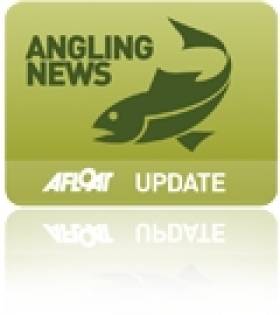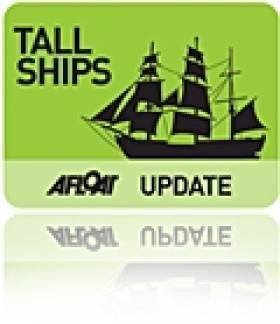Displaying items by tag: Northern Irelad
NI Anglers Urged To Review Shrimp Bait Ban Proposals
#Angling - The use of prawns and shrimp as bait in salmon angling could be banned in Northern Ireland under proposed restrictions on salmon and sea trout fishing, as Farming Life reports.
Aside from the bait regulations, Stormont is also putting forward a ban on commercial salmon netting and the introduction of a catch-and-release scheme for sport anglers in an effort to reverse dwindling salmon numbers in Ulster's inland waterways.
The moves come following an earlier voluntary ban on offshore salmon fishing in an effort to bolster wild salmon stocks which were last year feared to be "around dodo levels".
Similar restrictions were proposed this year for the River Suir - although anglers in Enniscorthy won support from Inland Fisheries Ireland last year in their call to lift a shrimp bait ban on their downstream fishery on the River Slaney.
Ulster Angling Federation chair Jim Haughey has urged angling club officials across Northern Ireland to study the consultation document published by the Department of Culture, Arts and Leisure with a view to making informed submissions on the proposed changes.
Farming Life has much more on the story HERE.
Belfast to Welcome Tall Ships in 2015
#TALL SHIPS - Ireland will be getting a triple dose of the Tall Ships Races this decade - after Waterford last year and Dublin next summer - as Belfast has been chosen to host the first leg of the event in 2015, BBC News reports.
Belfast City Council made the official announcement this afternoon, with Belfast Lord Mayor Niall O Donnghaile saying the return of the event in July 2015 was "another very real endorsement of Belfast's ability".
Northern Ireland's capital last hosted the tall ships in 2009, when some 800,000 visitors thronged the city to see 40 vessels in a parade of sail.
BBC News has more on the story HERE.

























































